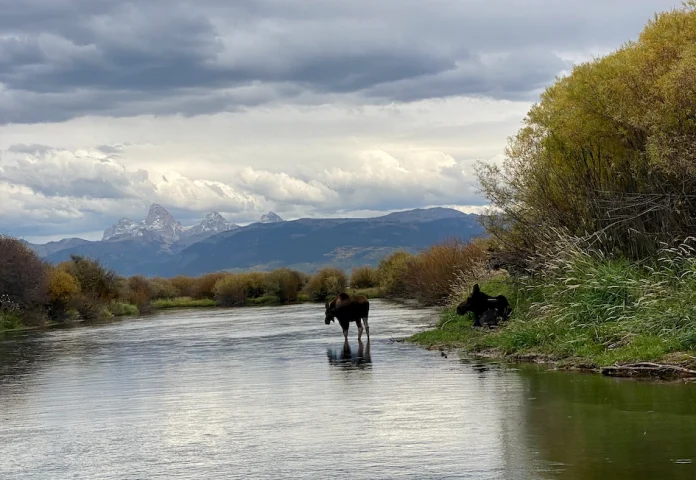(The Center Square) – Over two-thirds of voters in Mountain West states say they are worried about land, water and wildlife in the region, according to a recent poll.
The Conservation in the West Poll, by the State of the Rockies Projects at Colorado College, found 67% of voters expressed worry about “about the future of nature, meaning our land, water, air and wildlife” as opposed to hopeful.
The poll marks the 14th time the project has surveyed voters in Arizona, Colorado, Idaho, Montana, Nevada, New Mexico, Utah, and Wyoming. It was conducted from January 4 to 21 and involved at least 400 registered voters in each of the eight states for a total 3,376 voters.
Among those worried about the future of nature in the west includes 72% in Arizona, 68% in Colorado, 63% in Idaho, 67% in Montana, 63% in Nevada, 64% in New Mexico, 65% in Utah, and 58% in Wyoming.
While 96% of Democrats surveyed deem water, air, wildlife, and public land issues important, so do 87% of Independents, and 74% of Republicans, according to the survey.
“There may be a lot that divides voters across the country, but in the West, there is nearly universal consensus in favor of conservation,” Katrina Miller-Stevens, the project’s director and an associate professor at Colorado College, said in a statement. “Not only do voters prefer conservation when asked how public lands and water should be utilized, but issues involving water, air, land and wildlife are top of mind when they make their voting decisions.”
The survey also marks the first time in the poll that Republicans and Independents favor “prioritizing conservation over maximizing energy production,” the project said in a news release.
Among all voters, 70% said they prefer their representatives focus more on ensuring protection of resources and public lands, while 26% said they would rather they pursue more domestic energy production on public lands.




